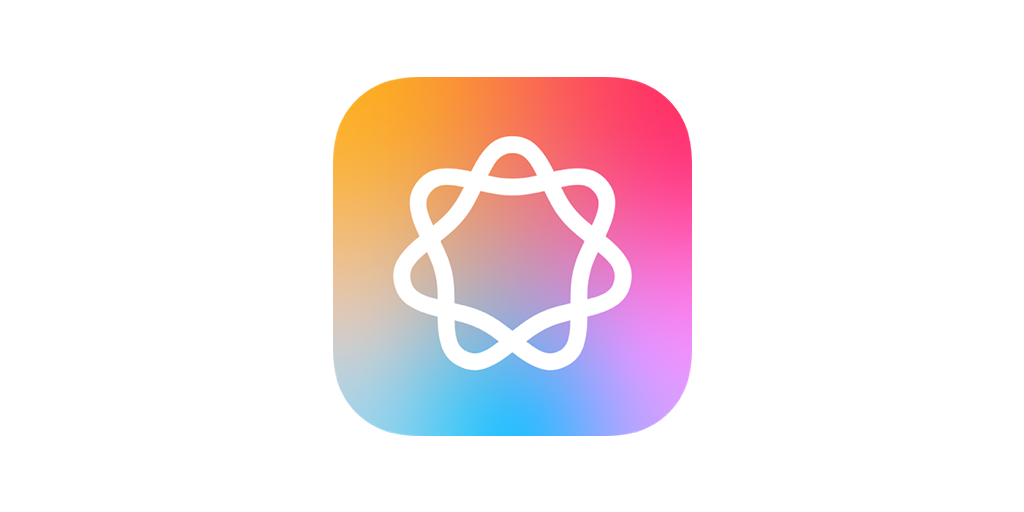-
This week, two prominent figures in technology, Sam Altman of OpenAI and Ethereum’s Vitalik Buterin, present contrasting views on the trajectory of AI development.
-
As OpenAI gears towards artificial general intelligence (AGI), cautionary measures are being advocated, showcasing a tension between innovation and safety mechanisms.
-
Buterin emphasized the need for decentralized safety protocols, proposing blockchain-based systems to create global failsafe mechanisms for advanced AI.
This article explores the conflicting perspectives of Sam Altman and Vitalik Buterin on artificial intelligence and its safety, emphasizing innovative and precautionary approaches.
Contrasting Visions: Altman’s AGI Push vs. Buterin’s Safety Protocols
In a significant recent blog post, Sam Altman revealed that OpenAI has tripled its user base, exceeding 300 million weekly active users. This growth underscores a rapid shift in the landscape of artificial intelligence, as the company moves closer to realizing its vision of AGI. Altman expressed optimism, stating, “We are now confident we know how to build AGI as we have traditionally understood it,” suggesting that AI agents could substantially enhance productivity in various industries by 2025.
OpenAI’s Path: A Bold Step Towards Superintelligence
While Altman’s ambitions focus on advancing AI capabilities, he acknowledges the challenges inherent in creating superintelligence. The timeline for achieving AGI remains uncertain, with OpenAI yet to disclose specific milestones. Nonetheless, Altman’s assertion points to a transformative shift in operational efficiency for various sectors, marking a pivotal moment in the tech industry.
Buterin’s Response: The Need for Decentralized Safety Mechanisms
In stark contrast, Vitalik Buterin called for a cautious approach to AI development during his Sunday address. He proposed utilizing blockchain technology to implement global safety networks, including a mechanism for a “soft pause” of AI systems showing concerning behavior. Buterin’s concept of d/acc—or decentralized/defensive acceleration—reinforces the idea that technological advancement should align with safety and ethical considerations.
The Role of Blockchain in AI Safety
Explaining his vision, Buterin highlighted that “d/acc is an extension of the underlying values of crypto,” emphasizing decentralization, censorship resistance, and societal benefit. This philosophy diverges sharply from traditional accelerationist views that prioritize unrestrained growth. Buterin’s proposal mandates that major AI systems obtain approval from three independent international bodies on a weekly basis, ensuring stringent oversight over AI’s deployment.
The Stakes at Hand: Industry Perspectives on AI Development
The divergent views of Altman and Buterin reflect broader industry dialogue regarding the future of AI. While Altman pushes for rapid development of advanced AI systems, Buterin argues for a more cautious and regulated approach. This tension highlights the crucial need for collaboration among tech developers, regulatory bodies, and the crypto sector to establish cohesive and pragmatic frameworks for AI governance.
Conclusion
As the race toward artificial general intelligence accelerates, the contrasting philosophies of Sam Altman and Vitalik Buterin underscore the critical balance between innovation and safety. Their discourse prompts a necessary dialogue about the mechanisms needed to safeguard humanity’s future while embracing the potential of AI technology. Ultimately, establishing cooperative strategies across sectors seems imperative for a sustainable technological evolution that prioritizes both growth and ethical responsibility.
Source: https://en.coinotag.com/openais-pursuit-of-agi-sparks-debate-over-safety-measures-proposed-by-ethereums-vitalik-buterin/









Leave a Comment